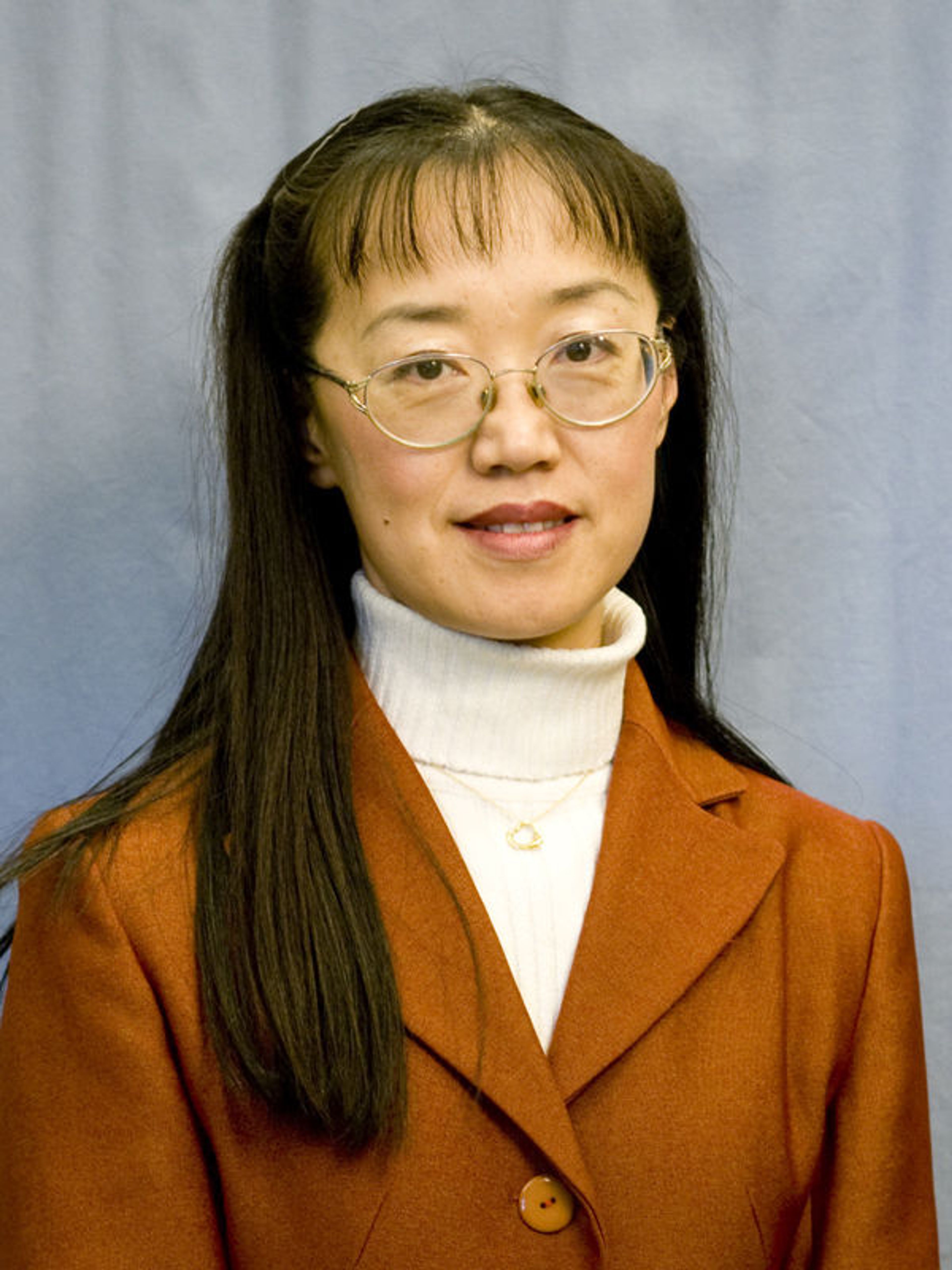Professor’s dedication leads to soybean breakthrough for breathing health
WSU and Chinese researchers develop new air filtration fabric
A professor at Washington State University said she and two teams of researchers have developed a soy-based air filter that could improve the way people, especially in Asia, deal with air pollution.
Researchers from WSU and Beijing, China, took an all-natural approach to the filter, a biodegradable product made from pure soy protein and bacterial cellulose, which differs from typical filters made of synthetic plastics, glass and petroleum.
Weihong (Katie) Zhong, a professor in the School of Mechanical and Materials Engineering at WSU, said she first had the idea for the filter four years ago. Research on the project began in 2013.
Originally from Beijing, Zhong said pollution in Asia can be especially bad during the winter. Many children, she said, were sent to the hospital this winter due to the heavy smog.
Zhong said that when she could find no one to fund the research, including the university and U.S. Department of Agriculture, she used her summer salary to support a research team of students. Zhong also enlisted the help of a team of students — many of them graduate students — from the University of Science and Technology Beijing.
“It was so hard. It was very hard,” Zhong said.
Zhong said her department did pay a teaching assistant, Hamid Souzandeh, to aid in the research for one semester. Zhong also paid Souzandeh with her summer salary.
The teams developed something different from typical air filters, which are unable to capture gases and often cause secondhand pollution either in their manufacture or disposal.
The protein in the soy-based filter is able to attract many different, potentially threatening molecules in the air, including gaseous molecules such as carbon monoxide and formaldehyde. The filter could be used to create clean, disposable masks — an improvement from typical masks, which Zhong said include toxic materials due to the way they are fabricated.
“We have an environmentally friendly processing method,” she said.
In addition, Zhong said, typical filters must be thrown away as part of their upkeep, leading to secondhand pollution. A soy-based, biodegradable material would eliminate that problem, she said.
The masks would need to be changed throughout the day, but Zhong said the cost of creating the material would be cheap in the U.S. due to an abundance of soy products.
Zhong said the manufacturing process, a fiber production method called electrospinning, is already commercialized here.
A news release from WSU News said, “Poor air quality is a factor in diseases such as asthma, heart disease and lung cancer. Commercial air purifiers aim for removing the small particles that are present in soot, smoke or car exhaust because these damaging particles are inhaled directly into the lungs.”
She said patents have already been filed for the research, though WSU will own those. She is working with an investment company to file an international patent to protect the technology in China, she said. Then, she said, products could be commercialized and sold in Asia.
Zhong also plans to speak with university administrators to get some support to speed up the commercialization process. She said there is a gap between the lab and commercialization, and with WSU’s help, that gap might be bridged.
“I highly wish WSU can help me in some degree,” Zhong said.
In the meantime, she said she has confidence in the power and multifunctionality of the new technology.
Taylor Nadauld can be reached at (208)-883-4630, by email at tnadauld@dnews.com and on Twitter @tnadauldarg.



